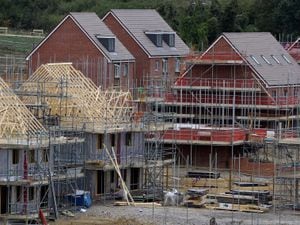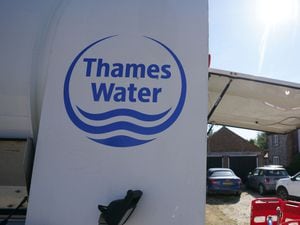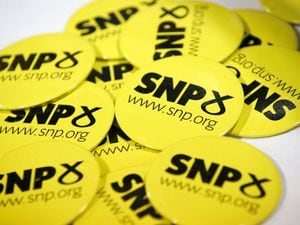Fifth of workers could be absent due to coronavirus, Government plan warns
Measures aimed at delaying the spread of the virus could include school closures and encouraging greater home working.
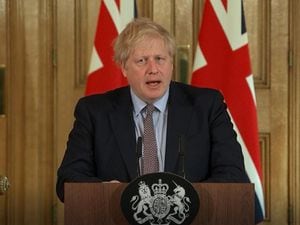
The coronavirus outbreak could lead to a fifth of workers being absent, cause the police to drop low-priority cases and force the NHS to delay non-urgent care, according to the Government’s battle plan.
The 27-page document sets out the UK-wide response to Covid-19 amid widespread concerns about the impact the virus will have on people’s wellbeing, the economy and public services.
Measures aimed at delaying the spread of the virus could include school closures, “reducing the number of large-scale gatherings” and encouraging greater home working.
The Government’s response is in four stages: containing the outbreak, delaying its spread and mitigating the impact of the disease once it becomes established, and alongside that, a research programme is aimed at improving diagnostics and treatment for the disease.
Launching the plan at a press conference in 10 Downing Street, Prime Minister Boris Johnson said he had “no doubt at all” that the “country is going to get through coronavirus, and get through it in good shape”.
But he stressed it was “highly likely” the number of coronavirus cases in the UK will rise.
He said: “Let me be absolutely clear that for the overwhelming majority of people who contract the virus, this will be a mild disease from which they will speedily and fully recover, as we have already seen.
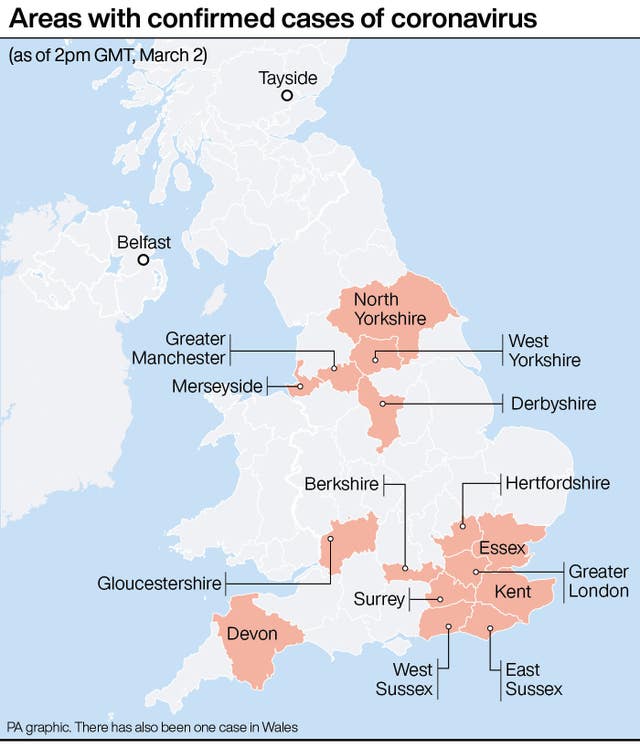
“But I fully understand public concern, your concern, about the global spread of the virus and it is highly likely that we will see a growing number of UK cases, and that’s why keeping the country safe is the Government’s overriding priority, and our plan means we are committed to doing everything possible, based on the advice of our world-leading scientific experts, to prepare for all eventualities.”
Amid warnings about the impact on the global economy, and with Chancellor Rishi Sunak forced to draw up plans in his Budget to counter the disease, the document acknowledges the potential impact on businesses.
“In a stretching scenario, it is possible that up to one fifth of employees may be absent from work during peak weeks.”
The Government’s response is currently in the containment phase, along with research being carried out and planning for the delay and mitigation work.
Officials hope to delay the peak of the virus until the warmer spring and summer months when health services are less busy.
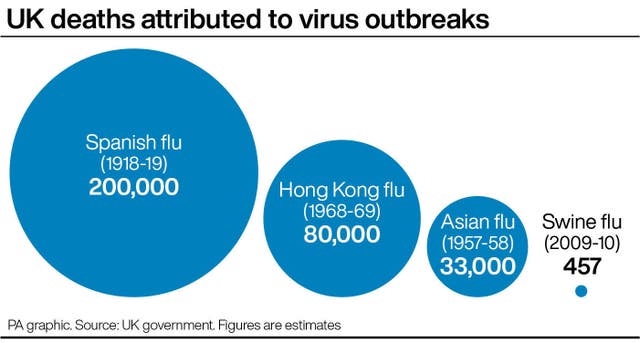
Once the disease is established, mitigation measures will be introduced which could include:
– Police concentrating on serious crimes and maintaining public order if faced with a significant loss of officers and staff
– The NHS delaying non-urgent care, with staff rostering changes and calling retired staff back to duty
– Working with local authorities to deal with the challenge of what could “well be an increase in deaths”, particularly among vulnerable and elderly patients
– A “distribution strategy” for the UK’s stockpiles of key medicines and equipment such as protective clothing, which will cover the NHS, and could extend to social care.
In a sign that the military could be called in to help with the efforts, the document said there are “well-practised arrangements for defence to provide support to civil authorities if requested”.
The number of people in the UK who have tested positive for the virus stands at 39.
The strategy includes a “war room” to bring together communications experts and scientists from across Government and the NHS to roll out a public information campaign.
Legislation allowing the Government to use extra powers to help control Covid-19 is expected to go through Parliament by the end of the month.
Health Secretary Matt Hancock said on Tuesday that the number of home ventilation kits is being expanded as part of an effort to keep people out of hospitals.
He told ITV’s Good Morning Britain: “A lot of people, not least because it is mild, will be best off at home than in hospital, so we are expanding the number of home ventilation kits that are available so that can be done.
“The NHS, of course, has a full plan for this and prepares for this even when there isn’t an outbreak.”
Mr Hancock told BBC Breakfast: “It’s quite unusual for a Government to publish a plan with things in it we hope we won’t have to do.”
Asked about the cancellation of mass gatherings such as the London Marathon at the end of April, Mr Hancock said: “It’s far too early to be able to tell in that instance.
“What we can say for sure is that, right now, we do not recommend the cancelling of mass events, and schools as well should not be closing unless there is both a positive case and the school has had the advice to close from Public Health England.
“So, right now, as long as you wash your hands more often, that is the number one thing you can do to keep you and the country safe.”
Mr Hancock said he understood why people may not want to shake hands, but added: “The scientific advice is that the impact of shaking hands is negligible and what really matters is that you wash your hands more often.”

